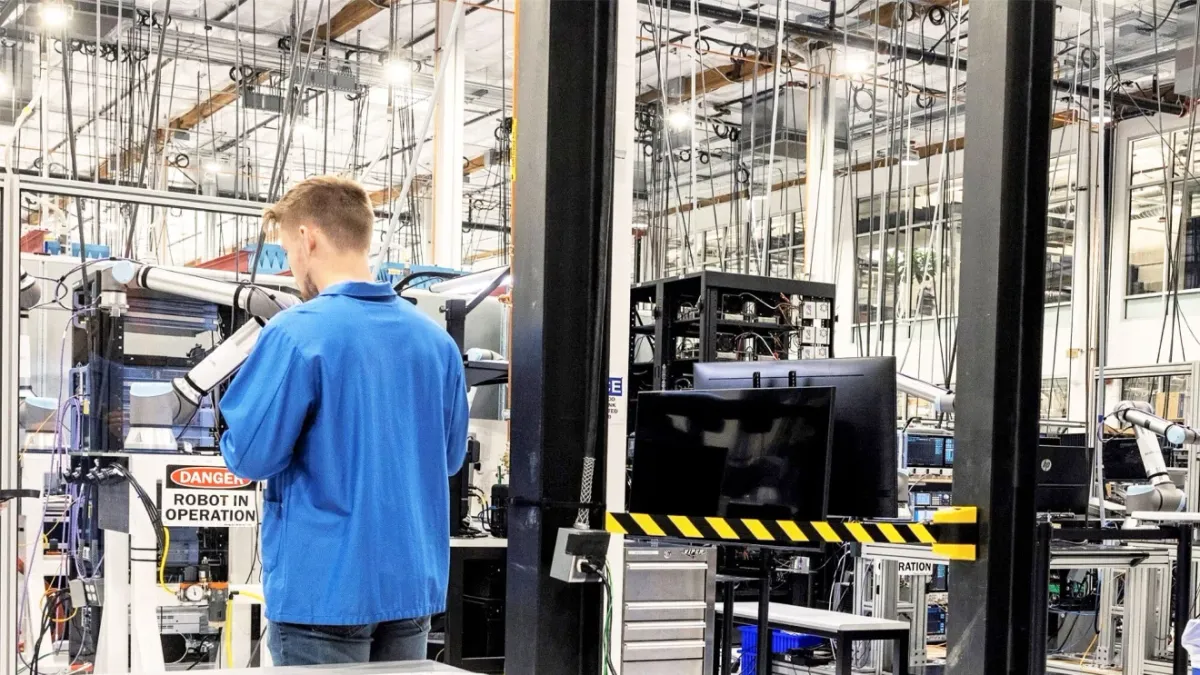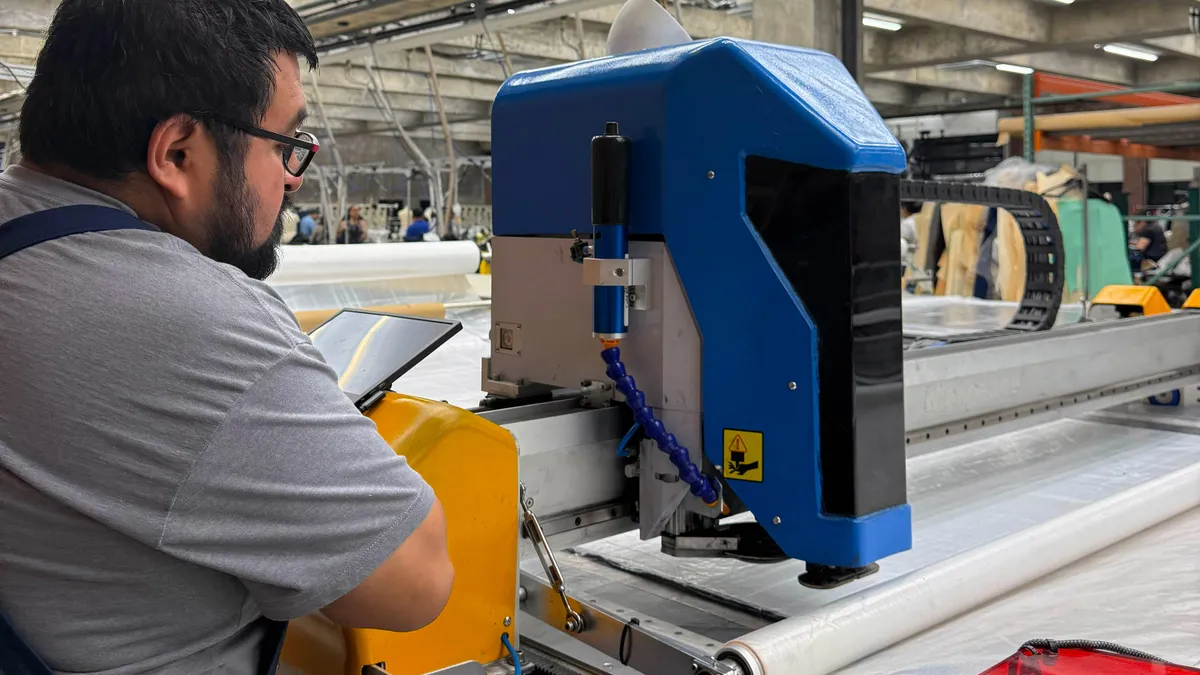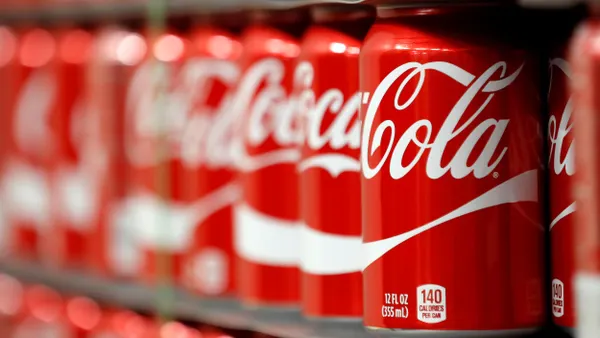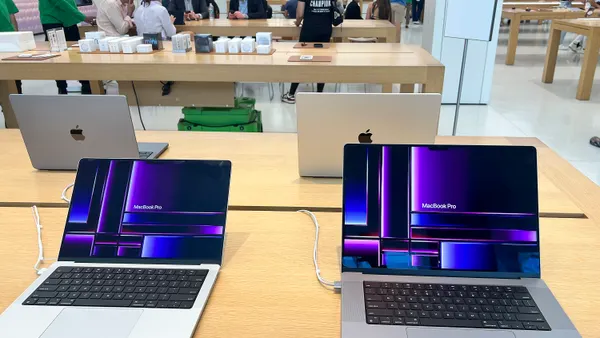Dive Brief:
- Amazon will develop a dedicated manufacturing facility in Washington state to scale production of its Project Kuiper satellites, the company announced last week.
- The 172,000-square-foot Kirkland-based facility is expected to build as many as four satellites per day, supporting Amazon’s plan to get 3,236 satellites into low-Earth orbit.
- The new site will build on Amazon’s existing satellite production footprint in the area, where it’s operated an R&D facility since 2020.
Dive Insight:
Amazon joined the race to provide a satellite broadband service to underserved areas around the world in 2019, according to International Telecommunication Union filings.
The company reached a key milestone when it secured Federal Communications Commission approval to build the system in 2020, prompting it to invest more than $10 billion in Project Kuiper to accelerate satellite testing and manufacturing.
Although Amazon has not published a detailed schedule for the Kuiper satellite launches, it must deploy half its planned satellites by 2026 to satisfy requirements set by the FCC. If the milestone isn’t met, authorization for the system can be revoked.
While the space industry at large is typically focused on building “one to two birds every couple years,” Amazon must build “one to three satellites every single day, maybe even a little more” to match that timeline, Amazon SVP of devices and services Dave Limp said during a Washington Post Live chat on Oct. 27.
As a result, “We have to build the manufacturing capabilities that look more like consumer electronics or automobiles and less like the traditional space industry,” he said.
The new facility adds capacity needed to scale commercial production. Amazon’s initial 219,000-square-foot R&D facility in Redmond, Washington, has supported the first phase of satellite production of prototype development, according to the release.
Amazon has begun integration and final assembly of its first two prototype satellites, which “should be done by the end of Q4,” Limp said.
Limp acknowledged SpaceX’s Starlink constellation as competition during the live chat, noting it already has more than 3,000 satellites in orbit and hundreds and thousands of subscribers.















